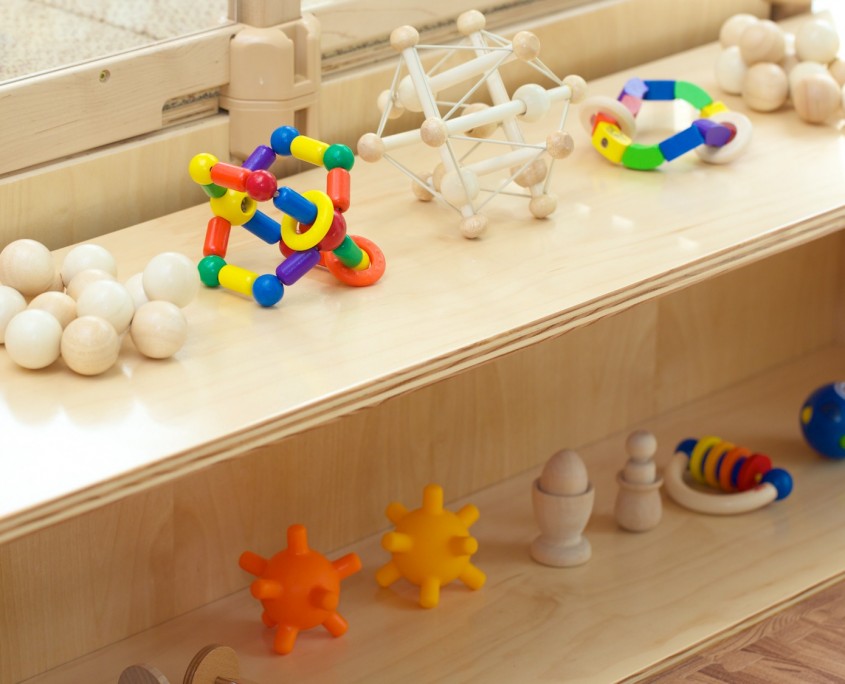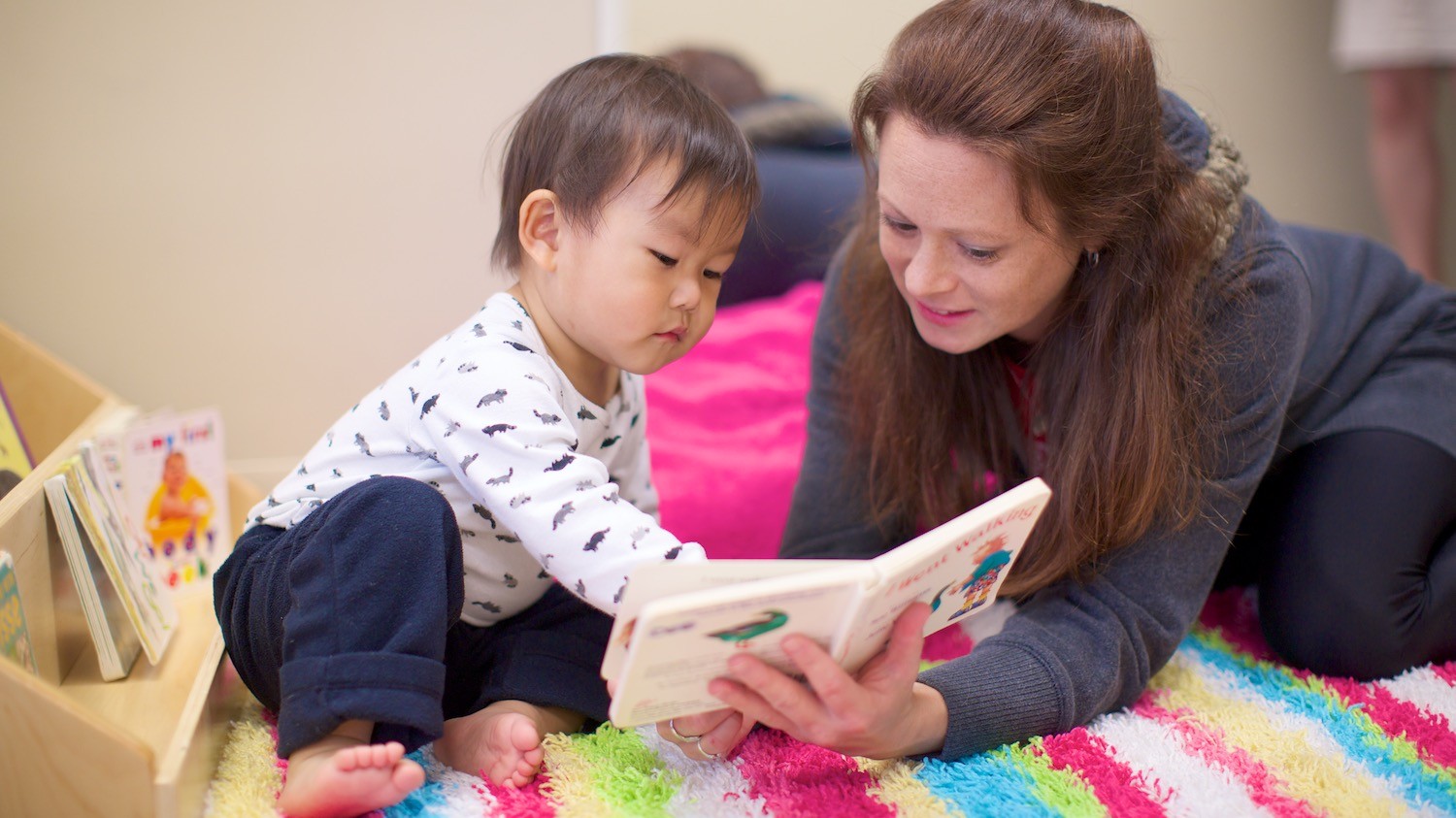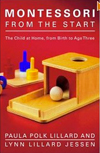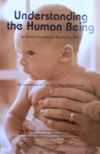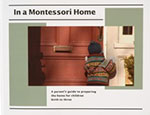LePort Montessori Infant Program
Our Infant program creates a warm, caring environment where your baby can explore and feel secure. We follow Maria Montessori’s vision of a “Nido”, or nest, providing a peaceful space for children. With soft tones, gentle interactions, and a homelike décor, we nurture each child with respect and affection. Our infant rooms are designed to support your baby’s whole development, including their social, emotional, and physical growth.
Our infant spaces welcome children as young as 12 weeks old and are tailored to meet each child’s unique needs. We use developmentally appropriate materials to encourage exploration and movement. Instead of grouping infants strictly by age, we follow each child’s curiosity and mobility to allow them to explore and learn at their own pace.

